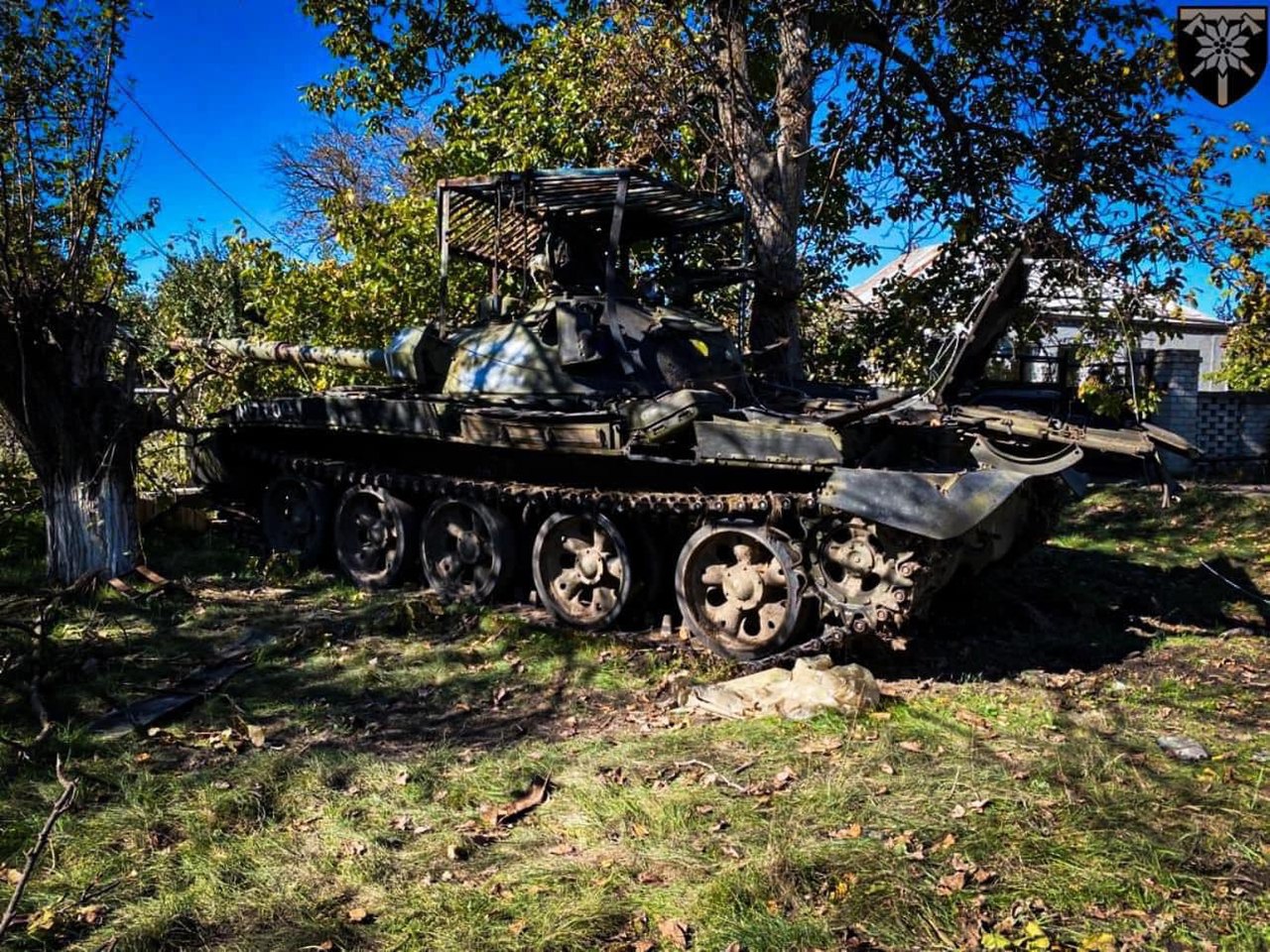The Institute for the Study of War (ISW) has released a new analysis highlighting significant challenges facing Russia in its ability to sustain long-term offensive operations in Ukraine. The report suggests that medium to long-term constraints on Russian force-generation capacity and military-industrial production will undermine Russia's strategy to protract the war and overwhelm Ukraine through attrition.
According to the ISW, there has been a widespread increase in financial incentives offered by Russian authorities for concluding military contracts with the Ministry of Defense. This trend indicates that Russia may be exhausting its pool of willing volunteers for recruitment. The report notes that Russian authorities have expressed concerns about diminishing returns from ongoing recruitment efforts.
Despite these challenges, Russian President Vladimir Putin remains committed to avoiding another partial mobilization call-up of reservists. The ISW suggests that Putin may only resort to such a measure under immense pressure or if the current crypto-mobilization campaign seriously fails.
"Russian offensive operations in Ukraine have resulted in pronounced equipment losses, particularly for armored vehicles, and Russian military industrial production capacity will likely fail to replace these losses in the medium- to long-term," ISW notes.
Currently, Russia is relying on refurbishing a large but finite stock of Soviet-era equipment to compensate for its losses in Ukraine.
To address matériel shortages, Russia has turned to international partnerships. The ISW says Russia is leveraging relationships with North Korea and Iran to acquire ammunition and military equipment. Additionally, Russia is engaging with the People's Republic of China to obtain critical components for defense production. However, the analysis suggests that these international procurement efforts will not fully address all of Russia's matériel requirements in Ukraine.
"Putin appears just as reluctant to conduct a full-scale economic mobilization as he is to conduct another mobilization wave, and it remains unclear if critical bottlenecks and worsening labor shortages would even allow Russia to rapidly and fully mobilize its economy for the war effort in the event that Putin permitted it," ISW concludes.
Related:
- ISW: Kremlin plans to fund crypto-mobilization efforts through 2027
- ISW: Russia centralizes volunteer recruitment amid manpower struggles for Ukraine war
- Russian KABs have received an upgrade, increasing range and improving flight correction
- Putin’s fear of societal backlash prevents new mobilization wave, ISW says
- Russian Armed Forces receive new BMP-3 and BMD-4M vehicles
- WSJ: Russian Defense Ministry pressures Putin for a new wave of mobilization
- Sobering update from NATO: Russia’s military now larger and more capable post-invasion
- ISW: Russia aims for victory over Ukraine by 2026 amid growing economic challenges

